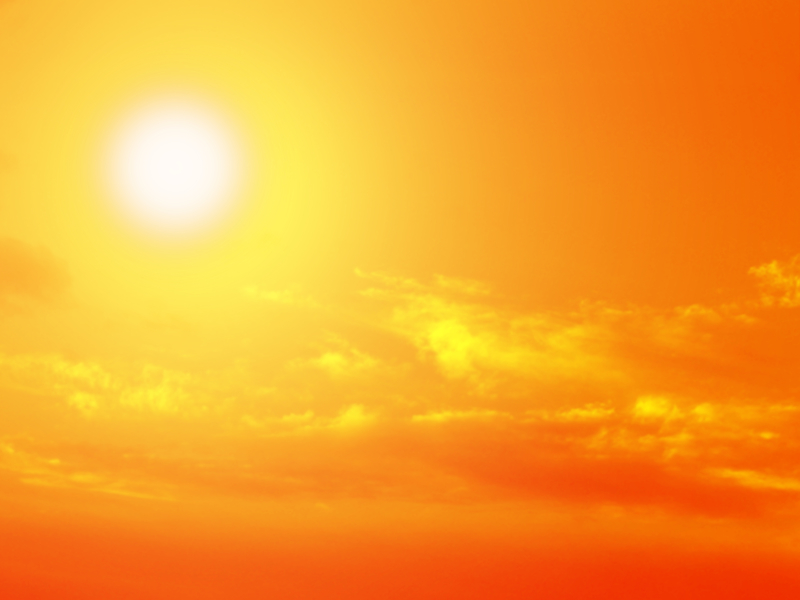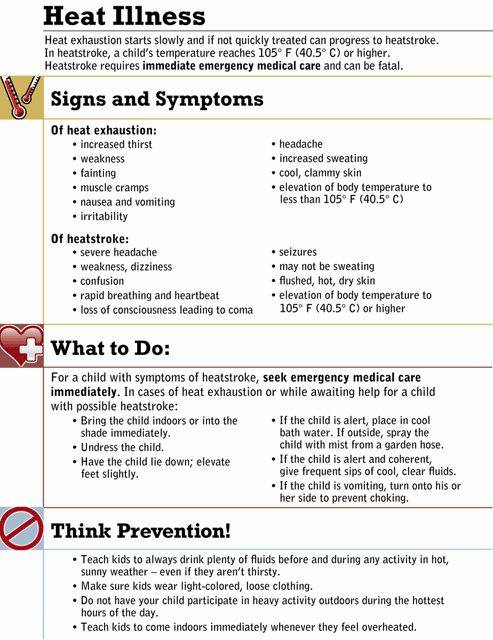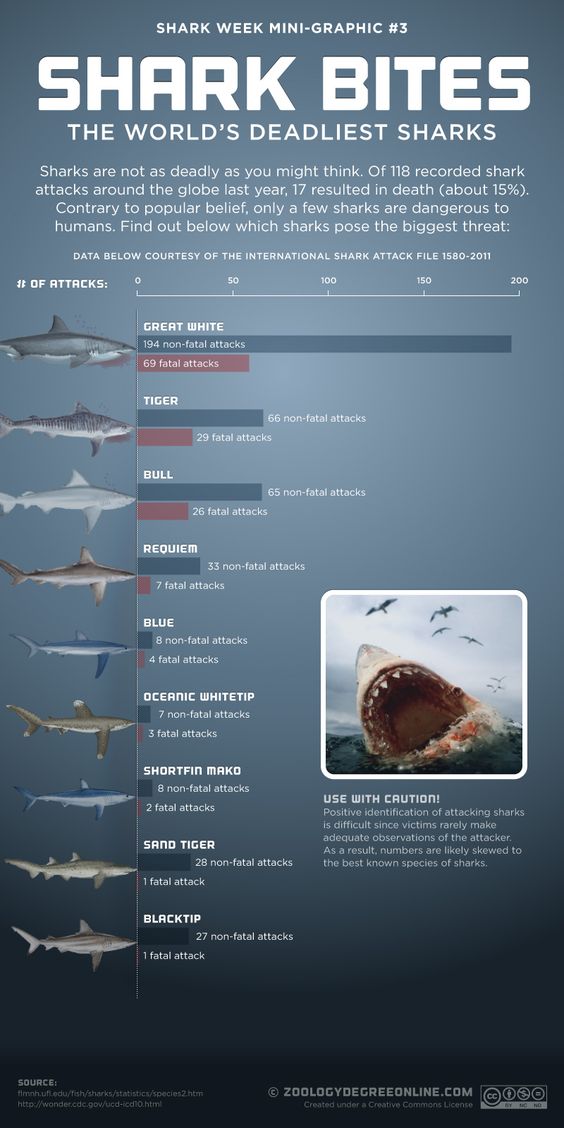We always imagine that winter is the more dangerous season, but summer can prove a threat to our survival as well. By learning how to recognize signs of heat stroke and understanding how to have safe summertime activities, we become stronger survivalists and enjoy our summer that much more.
#1 Killer in the Summer Is…
The most important thing one must realize during the summer is that dehydration is a killer. To stay properly hydrated, you should drink at least 2 liters of water per day (or approximately half a gallon), but that’s an average figure and it depends upon your age, gender, physical condition, and circumstances.
Salt, magnesium, and potassium imbalances caused by dehydration may cause cramps, cardiac arrhythmia, dizziness, and confusion – basically your brain doesn’t work right.
For people who aren’t used to heat, there’s also always the risk of heat edema and, worst case scenario, a fatal heat stroke when your body gives up and stops sweating. This occurs when you’re exposed to extreme heat for long periods of time and is called anhidrosis.
However, the most common problem that occurs during a summer heat wave is heat exhaustion.
Heat exhaustion is a consequence of one’s body losing significant amounts of salt and water; sans electrolytes, the body can’t cope with heat anymore. Salt and potassium are the two primary minerals that control your blood pressure and when you sweat, they’re two of the first that you lose.
Heat exhaustion’s first symptom is when the core temperature rising above 98.6, your normal body temperature, resulting in intense thirst, heavy sweating, dizziness, and an overwhelming feel of fatigue.
The first thing that you need to do is get out of the heat if possible and hydrate, obviously.
Now, if heat exhaustion sets in, you must find a cool, shaded location and remove the victim’s clothes, including (especially) the shoes and socks then, apply wet clothes to the victim’s face, head, neck, and if possible, their feet.
Spray with cool water if possible. Encourage the victim to drink as much water as possible. Sport drinks (if available) are great, as they contain minerals and vitamins (the famous electrolytes included) together with sugar, which gives the body a boost but push water, too.
Try to get medical aid as soon as possible:
- profuse sweating or hot,
- dry skin,
- a core temperature of around 104 degrees F (or higher),
- feeling cold (yes, it seems strange, but it’s a fact),
- loss of consciousness, and/or seizures.
Most people who die during heat waves are elderly folk living in big cities in the upper floors of buildings, especially old, inadequately ventilated condo buildings.
If you find yourself traveling or lost in the wilds in the heat, drinking lots of water and covering your head and your entire body in white (best case scenario) sheets would go a long way toward preserving your body’s reserve of electrolytes if traveling during the day.
The rule of the thumb is that when your core temperature gets above 104 degrees Fahrenheit, you’re in serious trouble.
And here are a few more hints on surviving the heat:
- try to avoid caffeine and alcoholic beverages (they act as diuretics) during heat waves,
- maintain a proper level of hydration at all times,
- when indoors, try to eliminate extra sources of heat (computers and appliances left running, computers, etc.),
- don’t eat big, protein-rich meals as they warm the body by increasing metabolic heat.
Beware the Dangers in the Water!
You should think at least twice before diving in these cesspools, which are giant petri dishes by any definition.
Even chlorinated swimming pools are filled with chlorine-resistant bacteria which can cause all sorts of disease, especially for people with immune issues.
When Summer Turns into Disaster
Most coastal areas are using early warning systems including sensors which monitor storm and earthquake activity and issue hurricane/tsunami alerts.
Remember to avoid eating shellfish and fish from areas affected by toxic algal blooms; also, avoid swimming in waters infested by these critters.
Even if shark attacks are relatively rare, keep in mind that where there are fish in the ocean, there also might be sharks, hence avoid swimming near fishing areas and also avoid murky waters and areas were fishing boats and diving sea birds abound.
It’s also important to remember not to swim alone, sharks or not, and never at dawn or dusk because that’s when sharks feed. Watches and jewelry gleam like fish scales in the water, so get rid of them.
If you’re caught in such a rip current, try not to fight it. Go with the current and swim parallel to the beach, and try to swim back to shore once you manage to pull out of the current. If that doesn’t do the job, try to float/tread water until the current stops and try to call for help.
Edge Sports Have Their Price
Even though this may sound safe as far as extreme sports go, the majority of fatal parasailing accidents occur as a result of high wind conditions.
The most common causes of death during scuba diving are oxygen supply problems, cardiac issues, and emergency ascent. Make sure you are prepared for the water and you’ve learned all the techniques from your instructor.
Even though you’re more susceptible to death by a lightning strike or a bee sting than due to skydiving gone wrong, make sure to look for riggers, jumpers and pilots with proper certification before making the big jump into the abyss. The same goes for bungee jumping.
To reduce risks associated with white water rafting, never boat alone, wear a life jacket and a helmet at all times, and don’t overestimate your skills.
Do you have any other tips for avoiding heat stroke and dehydration during the summertime?
Article Source: Survivopedia



They steal water from dry California. Then sell it.